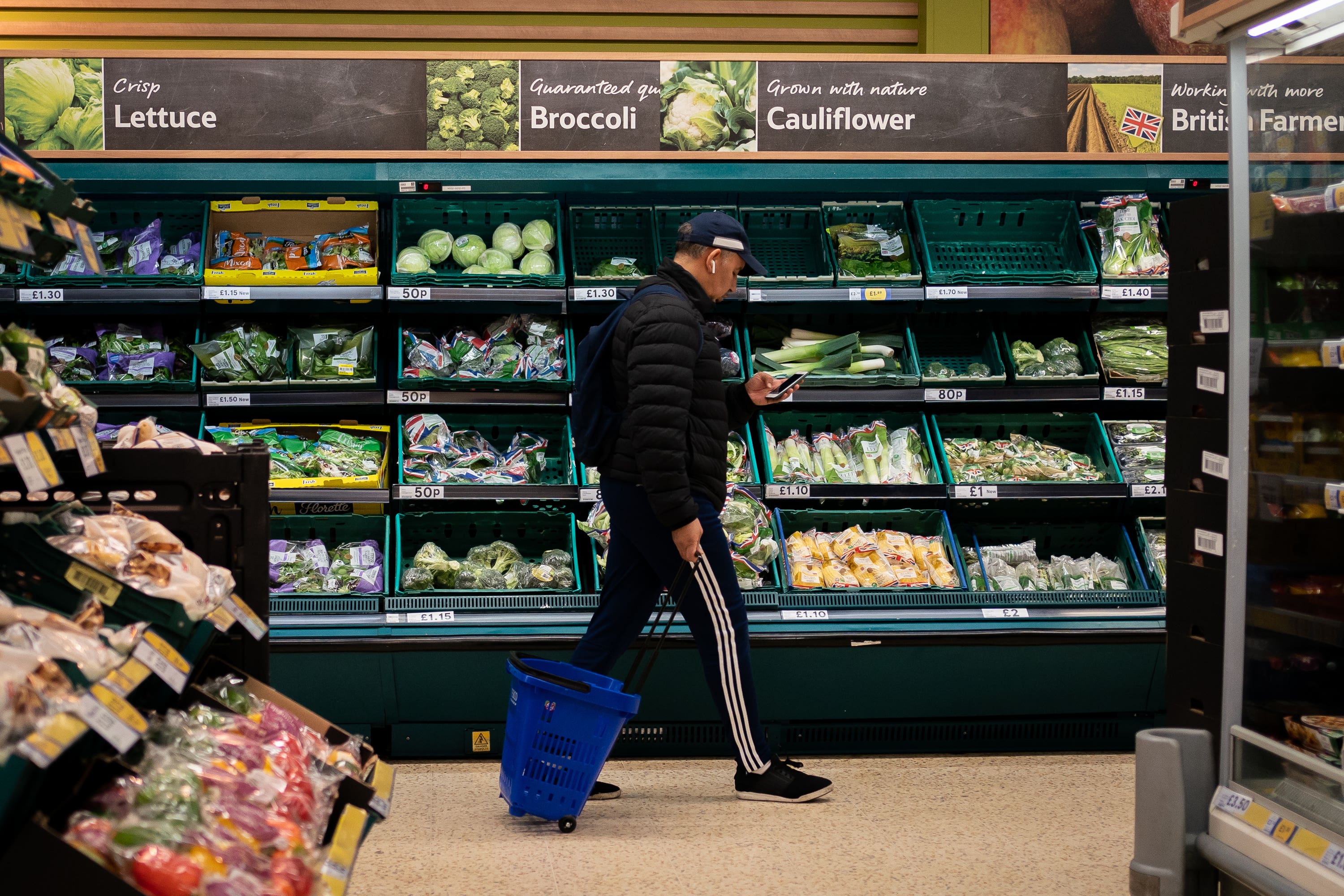Cooking food properly and avoiding salad could cut antibiotic resistance – study
The measures could prevent bacteria-carrying resistance genes from getting into the gut, researchers said.

People should be given dietary advice – including tips on how to cook food thoroughly and avoid some vegetables and salad – when prescribed antibiotics to avoid building up a resistance to the drugs, a new study has suggested.
Researchers from the University of Nottingham found the measures could prevent bacteria-carrying resistance genes from getting into the gut.
Antibiotic resistance genes are found in the DNA molecules of bacteria and can be transferred from cell to cell, allowing germs to build up a resistance to medicine.
The study, published in the Plos One journal, said global efforts to tackle the growing resistance to antibiotics have focused on use of the medicine and hygiene, but some infections can stem from “life-long acquisition and persistence of resistance genes” in a person’s gut which is “not normally considered”.
When you’re taking antibiotics is exactly when you are most susceptible to creating longer term problems due to drug resistant bacteria from food
The team looked at 14 different classes of antibiotics and used mathematical modelling to simulate the intake of resistance genes on 1,000 people based on low, medium and high antibiotic use.
They concluded that the number of resistance genes in a person’s gut is dependent on their level of antibiotic use but the number of acquired genes can be reduced by changes in food preparation and consumption.
They added that reducing the intake of resistance genes is “particularly effective” when a person is on antibiotics and suggested that patients should be offered dietary advice alongside prescriptions.
Dov Stekel, professor of computational biology at the University of Nottingham, led the study. He said: “When you’re taking antibiotics is exactly when you are most susceptible to creating longer term problems due to drug resistant bacteria from food.
“If you eat something that has bacteria on it that doesn’t cause you any harm, but which contains some drug resistant genes and you happen to be taking antibiotics when you eat it then those resistances could become established in your gut ecosystem so next time you need antibiotics they may not work effectively.”
It comes after the Government announced a £210 million investment in fighting antibiotic resistance on a global scale.
During a visit to India, Health Secretary Steve Barclay called the issue a “silent killer” that “poses a significant threat to people’s health around the world and here in the UK”.
The cash, from the UK’s aid budget, will support the Fleming Fund in continuing its work in Asia and Africa over the next three years and will bolster more than 250 laboratories in 25 countries.
Prof Stekel added: “The level of benefit to be gained from alterations in medical treatment and dietary changes is highly dependent upon the level of antibiotic use, which varies greatly between countries.
“While our general model demonstrates benefit across all levels of prescribing, a more nuanced approach that considers region and country-specific practices, along with specific details of antibiotic classes and associated resistance genes, would provide a better means of quantifying the potential advantages of these changes.”
Bookmark popover
Removed from bookmarks